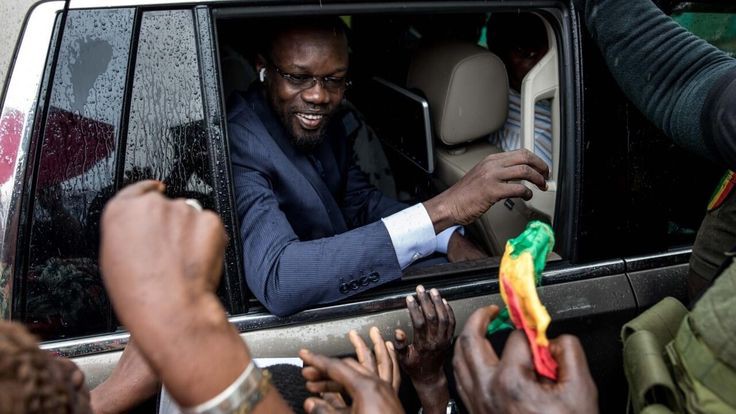Dakar, Senegal—The events of 24 March came as a welcome surprise to many in West Africa – and indeed to the whole world.
Although widely predicted, the troubled history of post-colonial Africa had cast an ominous shadow.
On the epoch-making day Bassirou Diomaye Faye, a 44 year-old former tax inspector who had never held political office, made history by toppling a ‘sit-tight’ and corrupt government in a fiercely contested election which saw Faye garner more than 54% of the first round votes.
Prior to this, President Macky Sall had tried to postpone the election and extend his term in power.
This constitutional crisis followed a long period in which the judiciary was manipulated and dissenting voices were suppressed.
However, the people of Senegal asserted their democratic will.
Young street protestors and religious leaders resisted, and some 40 civil society groups hastily formed an alliance Aar Sunu Election (Protect Our Election) and joined opposition parties in defense of the rule of law.
The international community, ECOWAS and the African Union also lent their voices to the outcry by hailing Senegal’s democratic legacy.
Elections were then scheduled for 24 March following the intervention of the constitutional court.
Sall released Faye and other political prisoners while the armed forces demonstrated their patriotism and professionalism by remaining in barracks.
Having won the election, President Faye made his key backer Ousmane Sonko (49) Prime Minister.
Following a two-year confrontation with the state, Sonko had been disqualified from running for President by a trumped-up charge.
He had then urged his supporters to vote for Faye under the slogan “Diomaye is Sonko”, thus ensuring a resounding victory for his protégé.
The state of affairs in the neighbouring coup-stricken states of Guinea, Mali, Burkina Faso and Niger leaves a bitter taste in the mouth, and many analysts fear the so-called ‘resilient’ coastal democracies—Liberia, Ghana and Nigeria—may be on the brink of the abyss.
But the lesson to be learnt from Senega’s success story is that there is still hope for a region riddled with democratic deficits and military coups.
Meanwhile, the honeymoon is over for Senegal. The next steps must include:
- Shifting from ‘campaign mode’ to inclusive governance.
- Promoting economic investment to boost youth employment
- Bringing forward ‘rule of law’ reforEnergizing an alliance of democratic West African states against extremism and military coups


